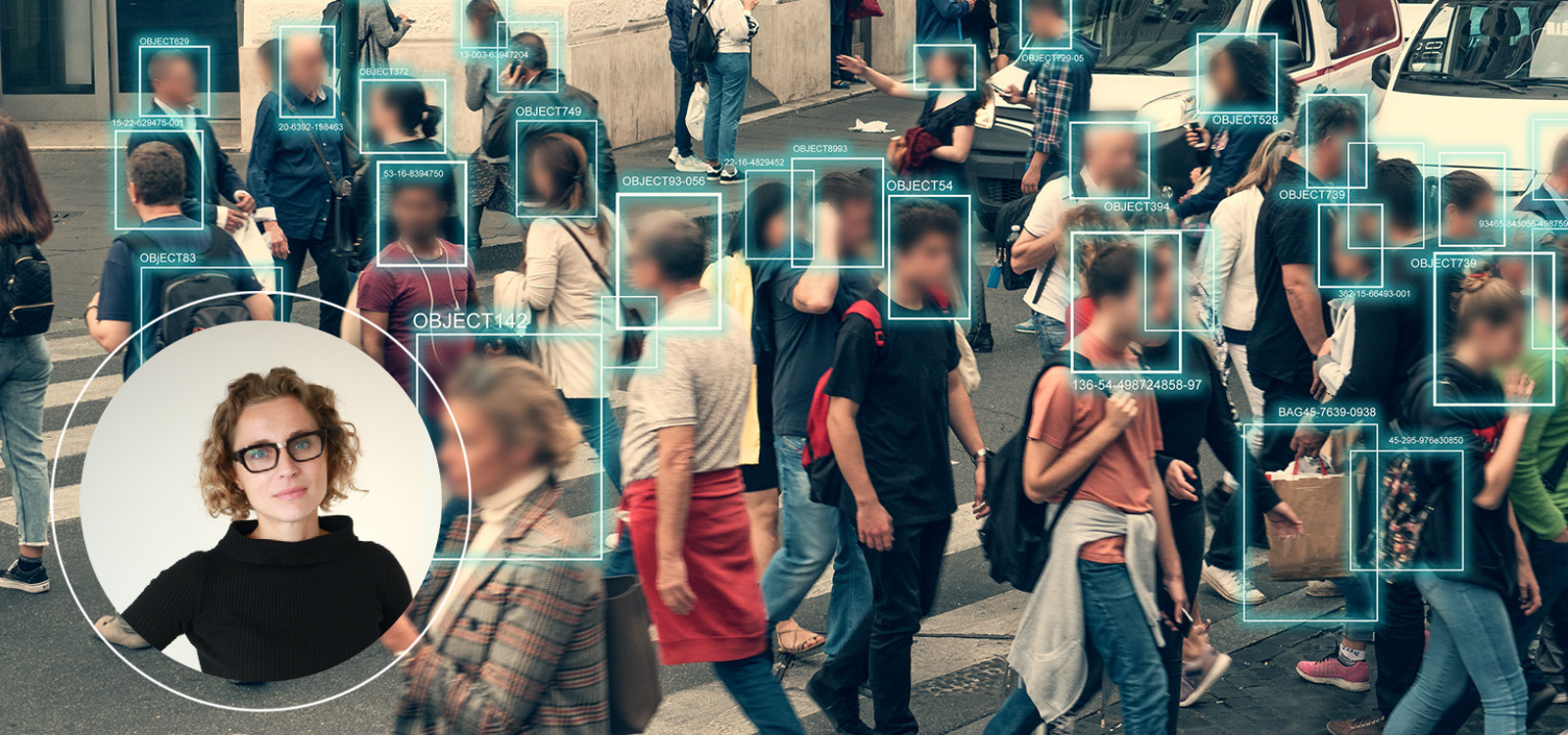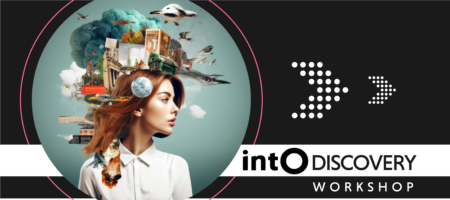As a research specialist in territorial analysis, climate justice and emergent technologies, Xenia Adjoubei brings a multifaceted perspective to her role as Associate Director at intO. In this interview, she explains how her expertise in Architecture and Urban Design have shaped the way she approaches global research, and shares her vision for how AI tools have the power to build a more equitable and diverse design and innovation landscape.
Hi Xenia! Can you tell us about your professional journey so far and how it has led you into research?
My background is in Architecture and Urban Design. I’ve always been interested in sociology and the notion of ‘futures’ and I was instinctively attracted to Architecture because, by definition, it has always been a human-centric discipline whose ultimate goal is to create positive environments for humans to inhabit.
Very early in my career, I made a conscious decision to engage with larger scale projects focused in urban and territorial design, where I got to work with very specialised research topics that fed into the design of the projects – from ecosystems and geology all the way to economic, societal and educational models.
Designing for these large scale projects is predominantly about continuous research, especially from a sustainable and conscious perspective to preserve the quality of human life and of natural ecosystems. Eventually, I got more interested in the research part than the design part, and I started shaping my professional career towards that area.
How does your background in architecture and urban design benefit you in your role as a researcher?
Studying architecture and urban design gives you a multifaceted education, but most of all, it teaches you to do research in parallel with the development of an entire project. At the beginning, we would be looking at the history of the territory and its people, considering ethnographic and geographical aspects. And towards the final stages of a project, we’d be focusing on the user experience, the inhabitation of spaces, the modelling of everyday scenarios, issues around mobility, etc.
In my current role as an Associate Director at intO, my experience with large scale international urban projects has proved very beneficial. As an agency with global reach, we always ensure to implement rigorous methodologies that are fuelled by the team’s experience in both commercial research and academic research. In my case, because of my expertise in urban design, I always pay closer attention to how our research capabilities are addressing the gaps that exist in different sectors of society, even within the same region – especially within the context of emerging markets such as Brazil or India.
I have a deep fascination with emerging methodologies and tools to conduct research, but I also keep a close eye on best practices around data protection and ethics, especially when working with disinvested communities or marginalised voices.
As Associate Director at intO, you’re now also heading up the Research Operations unit. What does this offer involve for clients?
I like describing Research Operations as the bread and butter support of any research project.
intO has been involved in innovation research projects for over a decade, we are very familiar with the complexities that surround these types of studies, and all that knowledge has been built into our Research Operations offer.
We can complement an internal research team that’s looking for support to conduct specialised recruitment in hard to reach areas, and we can provide advice on the best tools they can use for a project. We can also support a team of designers who might not have direct access to an internal research team, providing them with data collection and analysis packages through tactical and efficient UX/UI testing.
Also, through our talent placement offer, we can give these teams direct access to our worldwide network of experienced and multilingual Local Researchers, offering unmatched global reach to our clients.
In a nutshell, intO’s Research Operations offers clients flexibility and peace of mind with any of the elements that traditionally constitute an innovation research study, whether they’re looking to supplement an expertise gap or to speed up internal processes.
You mention one of intO’s biggest strengths is having direct access to a worldwide network of researchers. Why do you think it’s important to understand the variety of localised drivers and behaviours when conducting research?
For us, as researchers, it is crucial to have a multifaceted perspective of what ‘global’ means. People have very different values systems shaped by their economic, cultural, religious or historical influences, which vary tremendously depending on geolocation.
I’ve travelled all around the world. I’ve lived in Cambodia, the UK and I’m now based in the USA, and I’ve led on projects across South and Central America and South East Asia. By immersing yourself in all of these countries, you get to understand the importance of different worldviews and the role research plays to correct any biased or inaccurate vision of who your target users or consumers truly are.
Recent advancements in deep technologies, like Artificial Intelligence, are bringing new opportunities but also new challenges surrounding the democratisation of design and research. My team and I are currently researching the latest AI products – such as generative AI for data collection and visualisation, and machine learning for UX/UI – to understand how these emerging fields will allow us to harness our expertise in designing methodologies that foster equitable, diverse and ethical design, especially when working with disadvantaged communities.
What degree of impact do you think AI and other emerging technologies will have on design research?
The way we carry out research is going to change dramatically. As these technologies become more widely available, we can involve people in the co-creation of products and services in a completely different way.
Communities and users will be able to feed directly into the various stages of a product development, making innovation studies more fluid and democratised. It doesn’t matter how digitised the innovation landscape feels, the design of a product or service will still need to answer the demands and requirements of the users; this is where I believe the role of the researcher to interpret and synthesise qualitative data will become even more important.
However, when I read into the developments of AI and how it might affect the work we do as researchers, my main question is: How is this going to impact equitable design? My biggest hope is that global companies designing products for, and conducting research in, emerging markets will wake up to the fact that, in order to successfully leverage the use of AI-related tools, we need to put systems in place that protect the data we gather from those who are most vulnerable.

Get in touch with Xenia if you’d like to find out more about how intO can support your brand’s research ambitions.
Email her at: [email protected]
Connect with Xenia on LinkedIn.
Explore our recent work.
Contexts Impact Social Change Research




